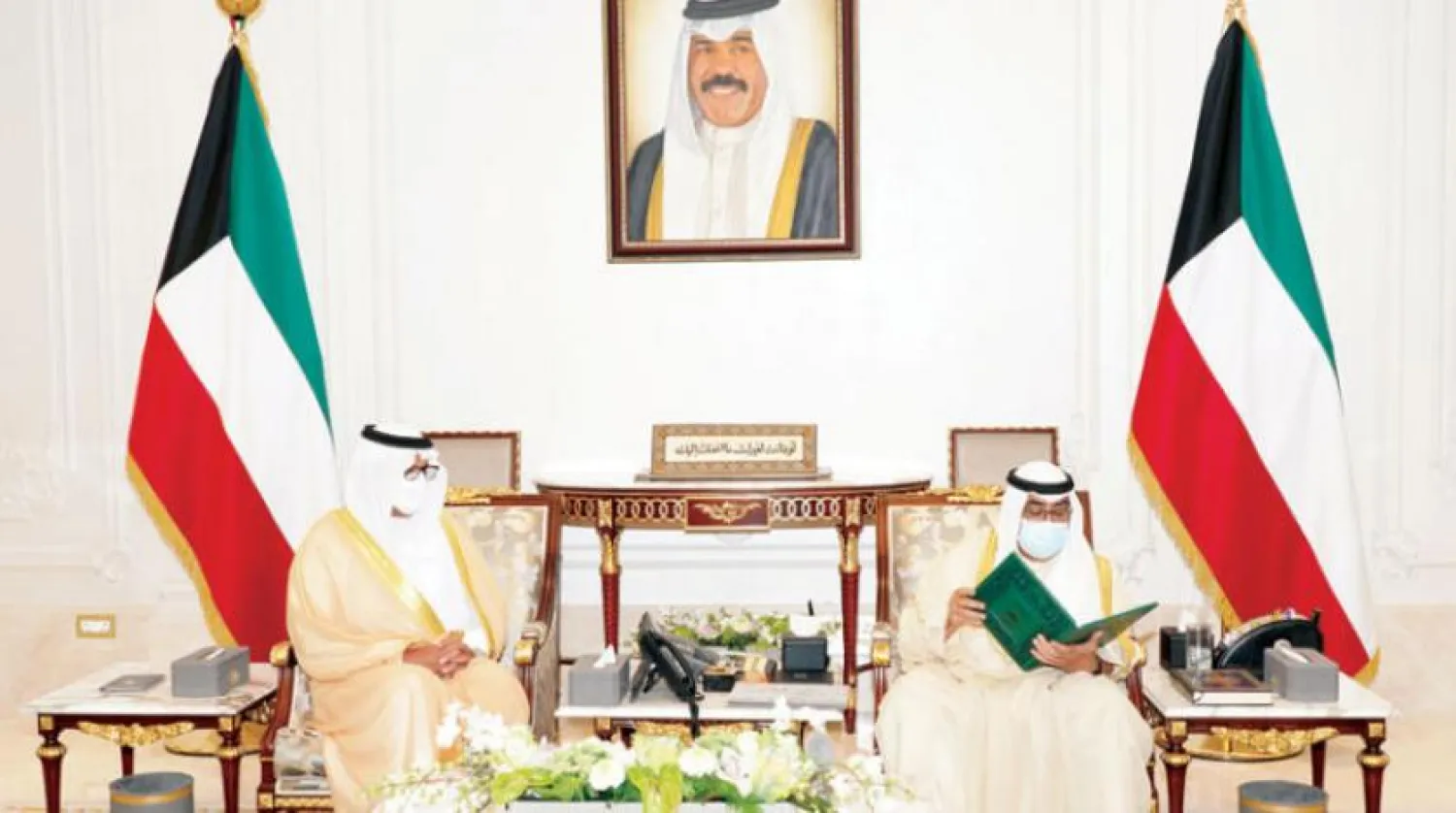Saudi Arabia will launch the Middle East Green initiative in late October in Riyadh.
Saudi Crown Prince Mohammad bin Salman sent a letter to the Kuwaiti Crown Prince Sheikh Mishal al-Ahmad al-Jaber al-Sabah, focusing on bilateral relations and the Saudi green Middle East initiative, launched on October 25.
Saudi Ambassador Prince Sultan bin Saad al-Saud handed the letter to the Crown Prince during a reception attended by senior officials at al-Bayan Palace, according to Kuwait News Agency (KUNA).
The Green Middle East Initiative is the largest reforestation program globally, as it aims to plant 40 billion trees in the Gulf and the Middle East.
Crown Prince Mohammed bin Salman announced the initiative last March. It was highly welcomed by the international community due to the importance of addressing the environmental damage caused by desertification, water shortage, environmental pollution from factories, and other environmental challenges facing the Middle East.
The initiative calls for partnerships with regional countries to face the environmental challenges in the region, improve the quality of life, and implement the largest afforestation project in the world that will contribute to restoring millions of hectares of degraded land and reduce global carbon levels.
The initiative also aims to reduce carbon emissions in the region by 60 percent, tackle deforestation, enhance the efficiency of oil production, and increase the contribution of renewable energy, in addition to multiple efforts to preserve the marine and coastal environment and increase the proportion of natural reserves.









